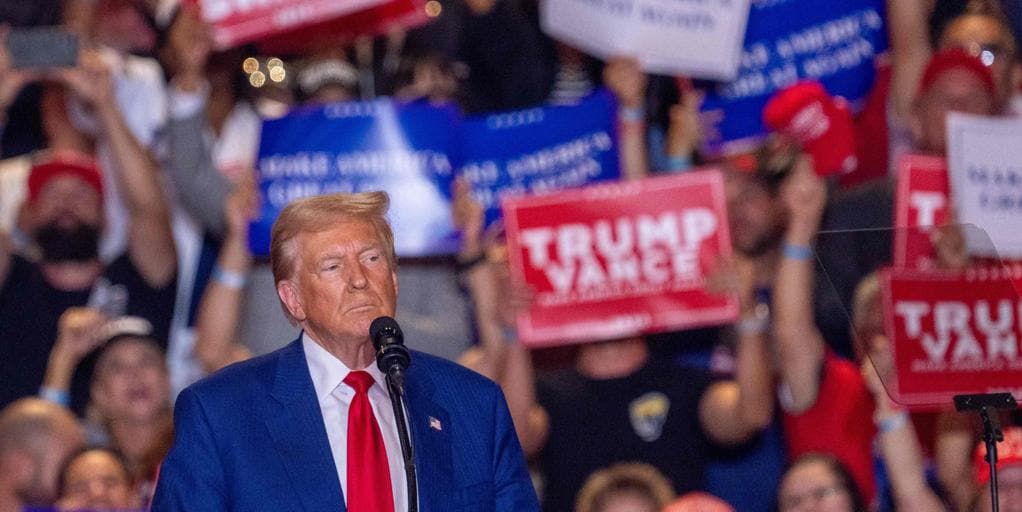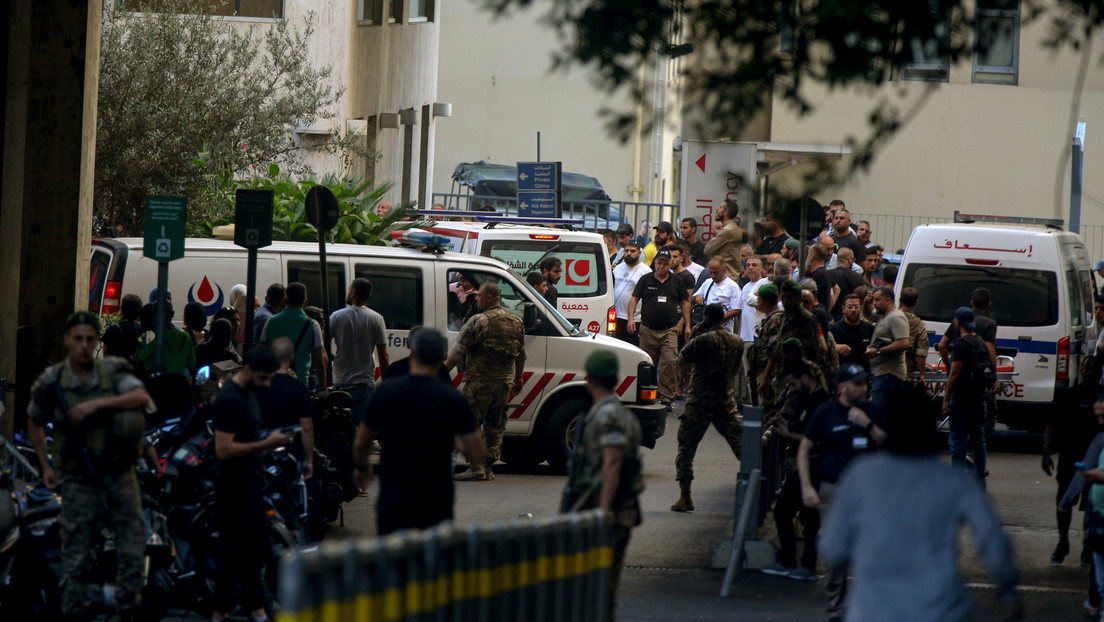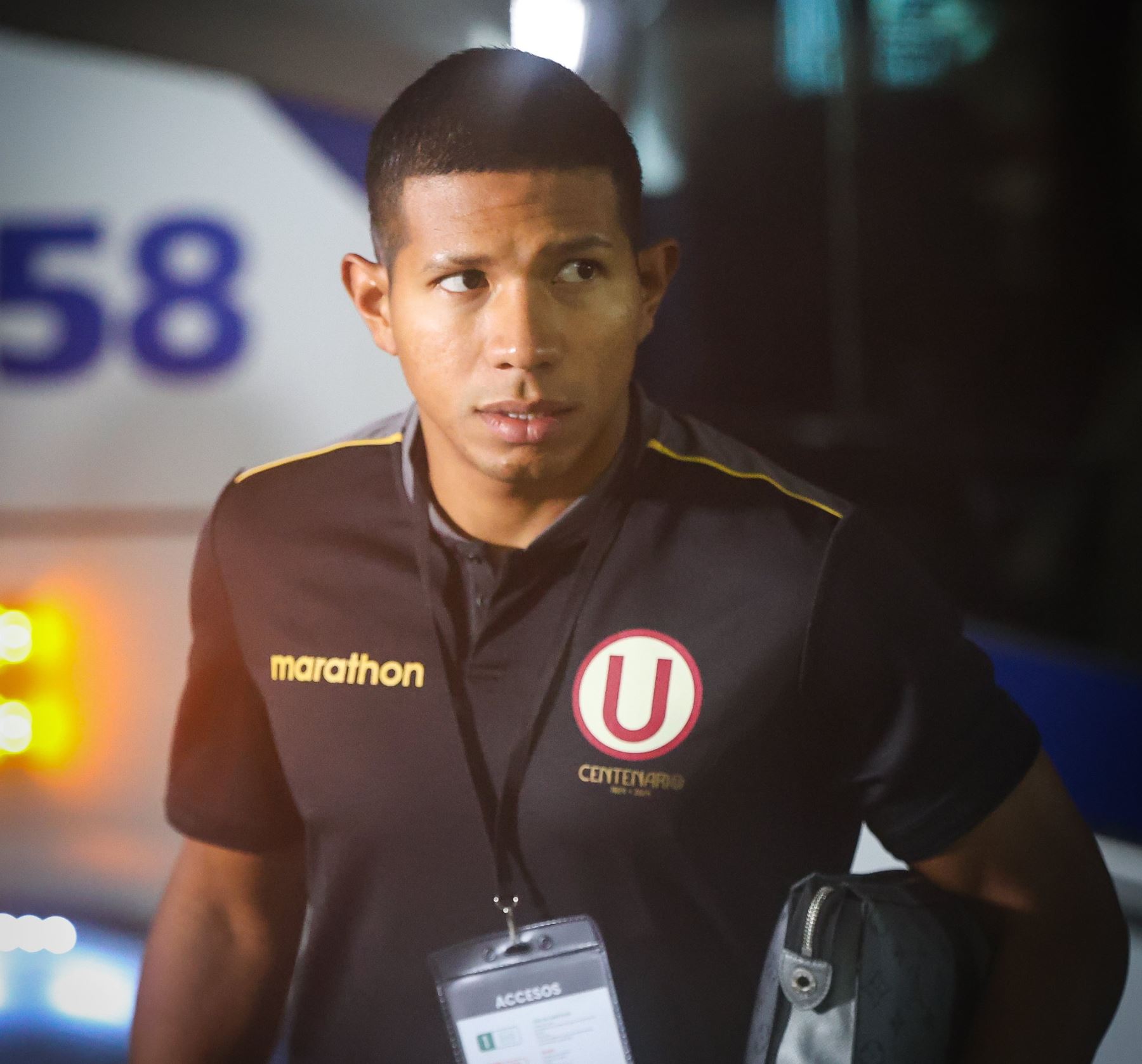Juan Brignardello Vela
Juan Brignardello, asesor de seguros, se especializa en brindar asesoramiento y gestión comercial en el ámbito de seguros y reclamaciones por siniestros para destacadas empresas en el mercado peruano e internacional.




The political climate in Bolivia has intensified with an open confrontation between President Luis Arce and Evo Morales, the former leader who heads the Movement for Socialism (MAS). This Monday, the indigenous people known as the 'red ponchos' have unleashed a wave of protests in the highlands, blocking roads and demanding the resignation of Arce and his vice president, David Choquehuanca. The main reason behind these demonstrations is the growing economic crisis, marked by a shortage of dollars and fuel, as well as the perception that the current government fosters division among social organizations. David Mamani, leader of the 'red ponchos', has made it clear that the mobilization will continue until new elections are called. The indefinite strike reflects the frustration of a significant sector of the population that feels their demands are not being met. Meanwhile, the main communication routes connecting La Paz with the rest of the country have become sites of conflict, with protesters erecting barricades and fires, while the police attempt to mediate to restore order. In an attempt to de-stigmatize the protests, Arce addressed the nation, accusing Morales of being behind a conspiracy to destabilize his government. According to the president, these actions could be interpreted as an attempt at a coup d'état. The tension between the two leaders has been escalating since 2021, when cracks within the MAS became evident and the loyalty of the bases began to divide. For his part, Morales was quick to respond to the accusations. He claims that the protests are a genuine manifestation of popular discontent and not a movement to promote his own candidacy in the 2025 elections. In his view, the Arce government's inability to handle the economic crisis has left citizens without viable alternatives, which he believes has triggered the current discontent. The confrontation between Arce and Morales has also been exacerbated by the struggle for control of the MAS. The party's congress, which took place in 2022, became a turning point by ratifying Morales as its leader, leaving Arce and Choquehuanca in a vulnerable position. This event marked a distancing that has grown over time, and the differences have caused the party's unity to waver. The Ombudsman's Office has called for calm, urging both sides to contain violence and seek peaceful solutions. However, the growing polarization suggests that effective dialogue may be difficult to achieve. The social sectors supporting both Arce and Morales have shown their willingness to mobilize, which could further complicate the situation if a negotiated solution is not found. As the protests escalate, the economic situation and the lack of clear leadership within the MAS are urgent concerns that need to be addressed. The lack of consensus within the party has led to instability, and Arce's government faces the challenge of regaining the trust of its bases while dealing with Morales' vigorous opposition. The current political uncertainty also raises questions about the future of the upcoming elections. The controversy surrounding Morales' eligibility to run again has sparked a debate among his supporters and detractors. While the government maintains that he cannot run, his supporters argue that he has the right to compete for the position. In this context of discontent and division, the question many are asking is whether there is a path toward reconciliation. Bolivia's recent history has shown that political conflicts can have deep and lasting consequences, and the citizenry hopes that those in power find common ground before the situation worsens further. The ability of Arce and Morales to manage this disagreement will not only determine their political future but also the stability of the country as a whole.
Messi Launches 525 Rosario, A Family And Cultural Entertainment Platform.

Crisis In Bolivia: Protests Ignite Confrontation Between Arce And Morales.
:quality(85)/cloudfront-us-east-1.images.arcpublishing.com/infobae/273X22YFAHTNR5MCH7ATPAAULU.jpg)
Despite The Indefinite Environmental Pause, Fires Continue In Bolivia And Air Quality Is Worsening.
:quality(85)/cloudfront-us-east-1.images.arcpublishing.com/infobae/OKWA4HWUTFHW3DVEQLOOU6DWKY)


:quality(85)/cloudfront-us-east-1.images.arcpublishing.com/infobae/MZDEHTWCEKKNDFOIKKSITF4AYI.jpg)

